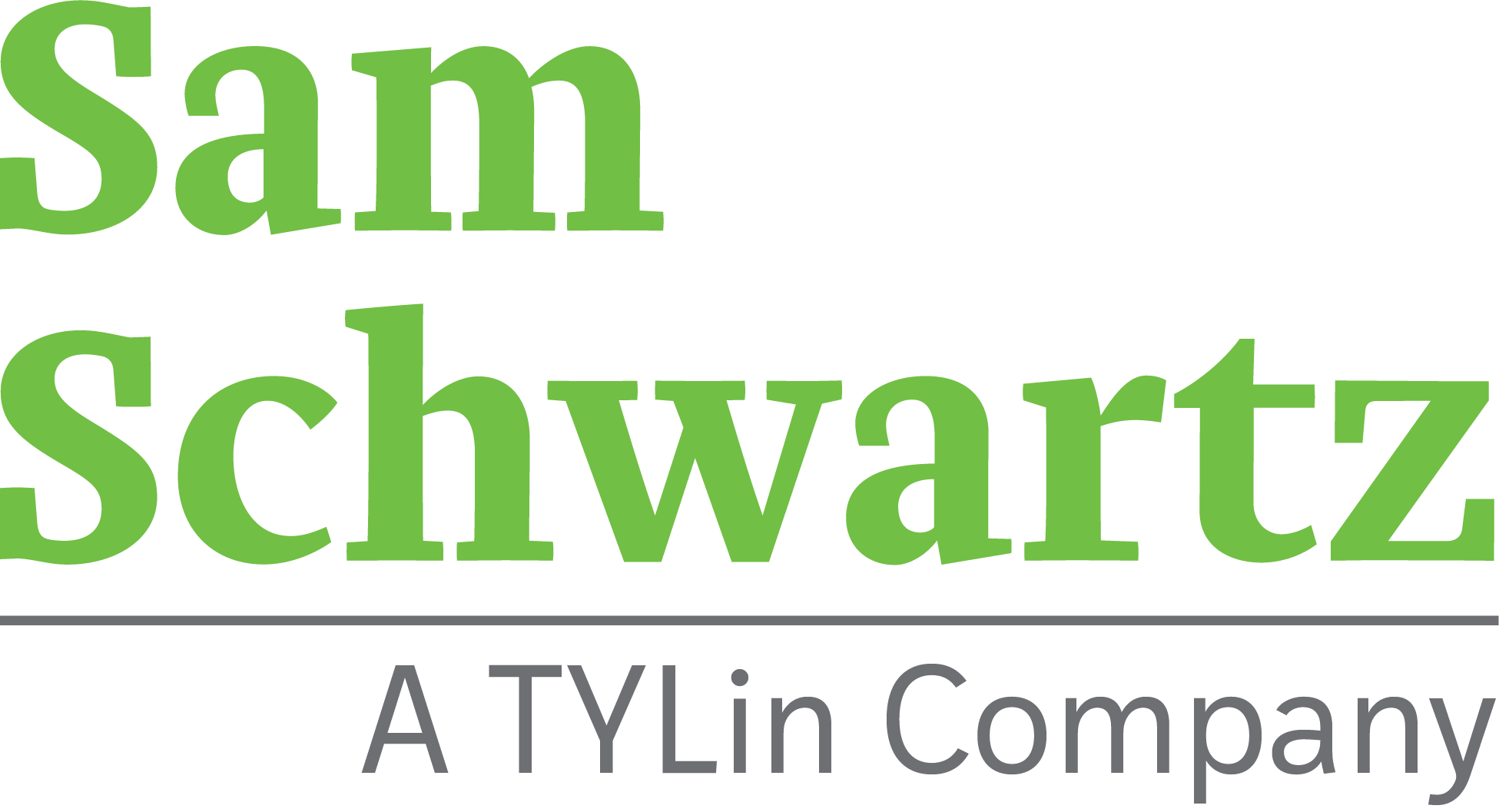Cross-Cultural Kid. Planner.
By Kaylee Moon, Planner
“Where are you from?”
For me, this is never an easy question. In addition to feeling insecure about not being accepted into this country, I don't know what to answer because I am from a variety of cultures. I'm a US citizen who was born in Korea, and my family migrated to the US (Southern California, to be exact) when I was a child. I moved to New York for graduate school and have lived here ever since.
I consider myself a cross-cultural kid (CCK). You may have heard the term third culture kid (TCK), which is someone who has spent a significant amount of time outside of their parent's culture, usually due to their parent's profession, such as the children of diplomats, military members, or missionaries. In essence, they live in layers of multiple cultures, but they may not feel as if they belong to any of them. "Third culture" refers to the culture that an individual child develops from their experiences. The newer and more inclusive concept of CCK encompasses not only TCKs, but also other children who were exposed to different cultures at an early age such as international adoptees, children of immigrants, children of refugees, and multiracial children.
What is it like to grow up as a cross-cultural child? Everything has its good and bad sides. In retrospect, I believe that my CCK experience has been a relentless driving force in my life. At a young age, I realized I would have difficulty becoming "fully" Korean or American. I wasn't familiar with the full spectrum of Korean culture, but I knew that I was not getting the full “American” experience because my parents weren't born or raised here. In order to make up for the gaps, I always went above and beyond to learn about both cultures’ history, current affairs, languages, media, and food.
As I gained more knowledge about both countries, I increasingly became a "bridge" or a "translator" between them. Due to the fact that I picked up English faster than my parents, I acted as our family interpreter while I was growing up. In no time, I realized how translation is not just about language itself. Linguistic accuracy is imperative, but translation can go wrong if it doesn’t account for cultural knowledge, idioms, and non-verbal communication, because culture informs how people perceive and hear.
Being an interpreter at such an early age did have some downsides—I was also exposed to worlds that were not rosy. I witnessed my parents and their friends' struggles firsthand and always wondered why the system was not so hospitable toward many people. I saw immigrants struggling with language barriers, financial challenges, physical hardships, and emotional difficulties. Ultimately, I decided to become an urban planner so I could offer different perspectives, helping to foster an inclusive and healthy living environment that reduces distress and supports quality of life.
My past experiences have proven to be useful in my vocation as a planner. Used to living in and balancing both cultures, I am naturally accustomed to finding ways to empower everyone. Because I grew up feeling like I did not belong anywhere, I prioritize creating communities where people feel included and seen. I enjoy participating in community outreach programs offered in different languages, and I create visuals with a mindset that graphics should be able to assist people with limited English comprehension. I strongly believe in public transportation because not everyone can afford to drive. I also see access to healthy foods and low-cost physical and mental healthcare as critical issues, because I know there are many barriers to these essential goods and services.
Embracing my cultural backgrounds has required many detours and sometimes pauses, because they were difficult to understand. However, accepting myself as cross-cultural and letting go of my desire to fit into one culture has been liberating, and deeply informs my work.
Embrace one another, keep an open mind, and be compassionate. We belong together in this world. Happy Asian American and Pacific Islander Heritage Month!



